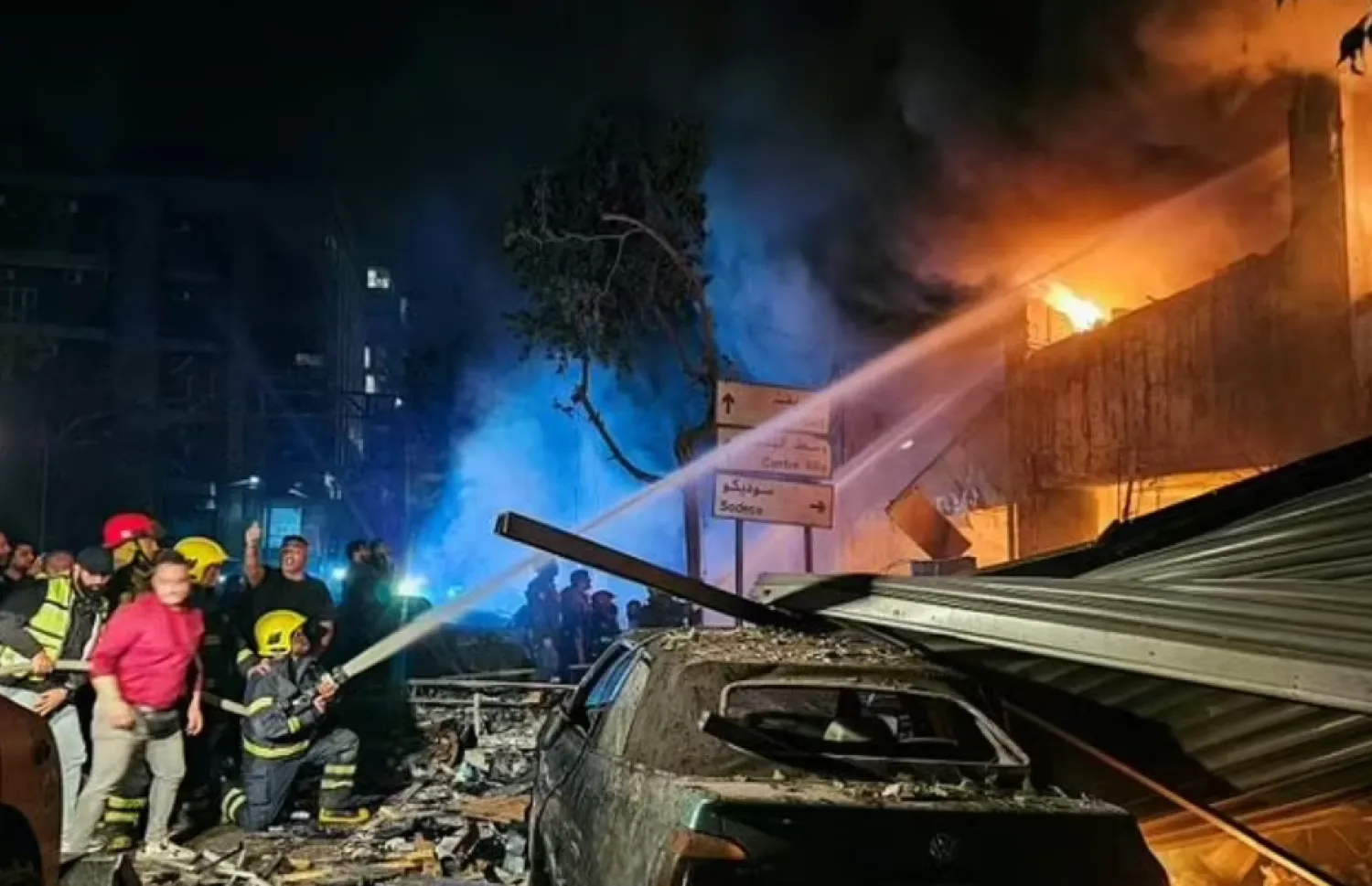Schools in Beirut were closed on Monday after Israeli strikes on the Lebanese capital killed six people including Hezbollah's spokesman, the latest in a string of top militant targets slain in the war.
Israel escalated its bombardment of Hezbollah strongholds in late September, vowing to secure its northern border with Lebanon to allow Israelis displaced by cross-border fire to return home.
Sunday's strikes hit densely populated districts of central Beirut that had so far been spared the violence engulfing other areas of Lebanon.
The video player is currently playing an ad.
The strikes prompted the education ministry to shut schools and higher education institutions in the Beirut area for two days.
Children and young people around Lebanon have been heavily impacted by the war, which has seen schools around the country turned into shelters for the displaced.
Lebanese authorities say more than 3,480 people have been killed since October last year, with most casualties recorded since September.
Israel says 48 soldiers have been killed fighting Hezbollah, AFP reported.
Another strike hit a busy shopping district of Beirut, sparking a huge blaze that engulfed part of a building and several shops nearby.
Lebanon's National News Agency said the fire had largely been extinguished by Monday morning, noting it had caused diesel fuel tanks to explode.
"In a quarter of an hour our whole life's work was lost," said Shukri Fuad, who owned a shop destroyed in the strike.
Ayman Darwish worked at an electronics shop that was hit.
"Everyone knows us, everyone knows this area is a civilian area, no one is armed here," he said.
One of those killed in the strike, Darwish said, was the son of the owner of the store where he worked.
"The martyr Mahmud used to come after working hours, in the evenings and even on Sundays, to deal with client requests," he said.
The NNA reported new strikes early Monday on locations around south Lebanon, long a stronghold of Hezbollah.









